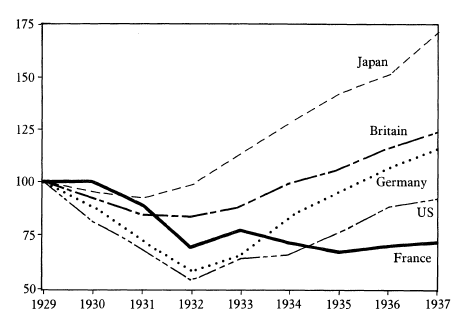If exports rise 5.7% in Dollar terms, and the Dollar "slides" 12% in trade weighted terms, doesn't that mean exports actually fell in real terms?
See Finster, I haven't been sleeping through your classes after all...
I-Believe-in-Strong-Dollar Turns Relic as China Begs Stability
Oct. 8 (Bloomberg) -- More than a decade after former Treasury Secretary Robert Rubin made the “strong dollar” national policy, currency traders say the same words coming from the Obama administration have little meaning.
Timothy Geithner, the current Treasury secretary, has tolerated the greenback’s 12 percent slide from its peak this year in March as measured by the Federal Reserve’s trade- weighted Real Major Currencies Dollar Index. While he said as recently as Oct. 3 that “it is very important to the United States that we continue to have a strong dollar,” the last time the U.S. intervened in markets to support its currency was 1995...
...One benefit to a depreciating dollar is that it helped shrink America’s trade deficit to $32 billion in July from the record $67.6 billion in August 2006, data compiled by the Commerce Department show.
Exports rose 5.7 percent to $127.6 billion in July from the low this year of $120.6 billion in April...
See Finster, I haven't been sleeping through your classes after all...

I-Believe-in-Strong-Dollar Turns Relic as China Begs Stability
Oct. 8 (Bloomberg) -- More than a decade after former Treasury Secretary Robert Rubin made the “strong dollar” national policy, currency traders say the same words coming from the Obama administration have little meaning.
Timothy Geithner, the current Treasury secretary, has tolerated the greenback’s 12 percent slide from its peak this year in March as measured by the Federal Reserve’s trade- weighted Real Major Currencies Dollar Index. While he said as recently as Oct. 3 that “it is very important to the United States that we continue to have a strong dollar,” the last time the U.S. intervened in markets to support its currency was 1995...
...One benefit to a depreciating dollar is that it helped shrink America’s trade deficit to $32 billion in July from the record $67.6 billion in August 2006, data compiled by the Commerce Department show.
Exports rose 5.7 percent to $127.6 billion in July from the low this year of $120.6 billion in April...






Comment